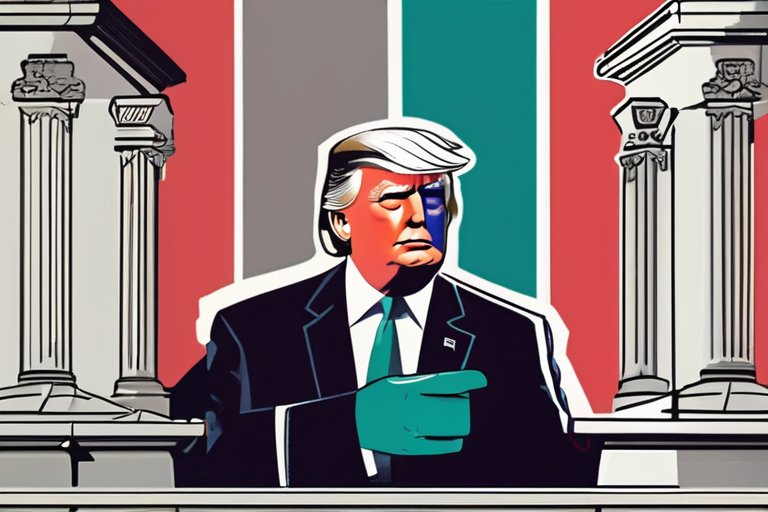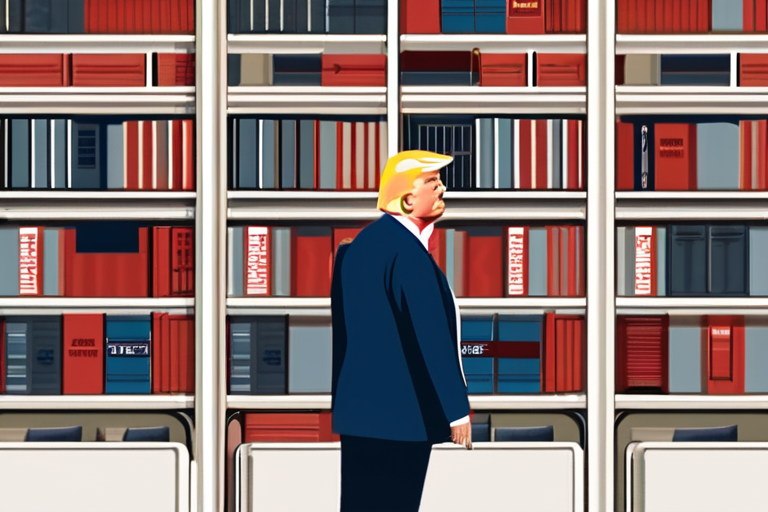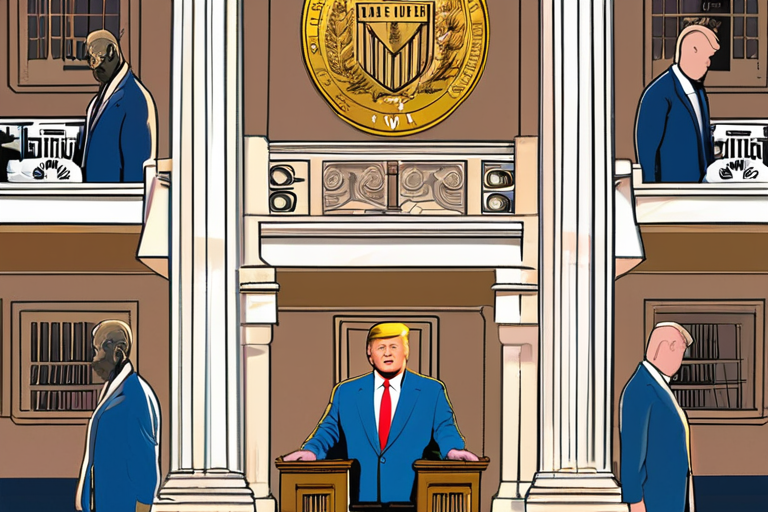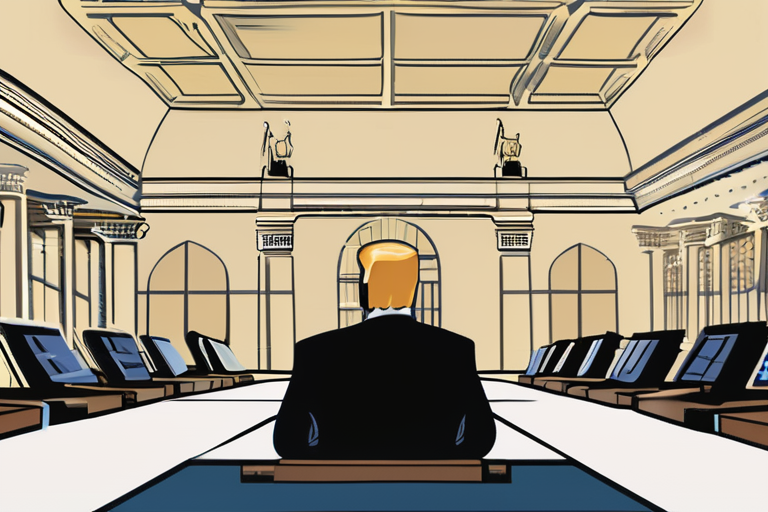Trump Administration Issues Ultimatum to Top Universities: Comply for Preferential Funding


Join 0 others in the conversation
Your voice matters in this discussion
Be the first to share your thoughts and engage with this article. Your perspective matters!
Discover articles from our community

 Hoppi
Hoppi

 Hoppi
Hoppi

 Hoppi
Hoppi

 Hoppi
Hoppi

 Hoppi
Hoppi

 Hoppi
Hoppi

California Cuts Funding to Universities Complying with Trump's Education Agenda California Governor Gavin Newsom announced on Thursday that the state …

Hoppi

Scientific Societies Sound Alarm on Trump Executive Order: Potential $30 Billion Impact A coalition of over 50 scientific and medical …

Hoppi

Trump "Compact" Offers Preferential Treatment To Compliant Colleges The Trump administration has proposed a compact with nine prominent universities, outlining …

Hoppi

Trump Administration Offers Universities a Choice: Comply or Risk Crippling Funding The Trump administration has sent a proposal to nine …

Hoppi

Federal Judge Orders Trump Administration to Restore $500 Million in Grant Funding to UCLA Amid Urgent Funding Crisis A federal …

Hoppi

Trump Administration Offers Universities a Choice: Comply for Preferential Funding The Trump administration has offered nine top universities a deal …

Hoppi